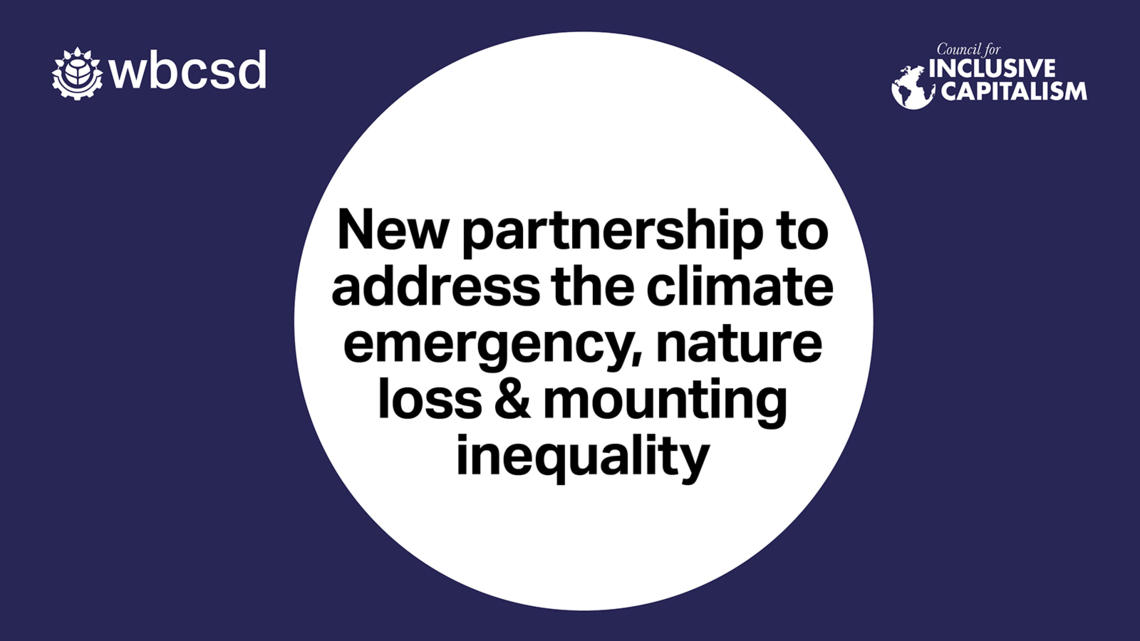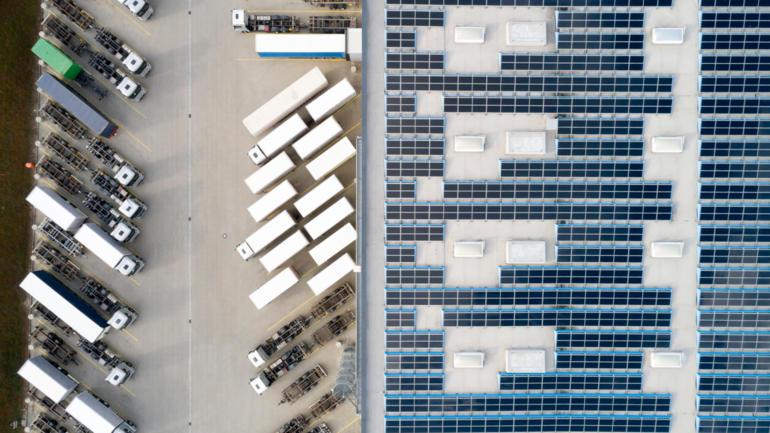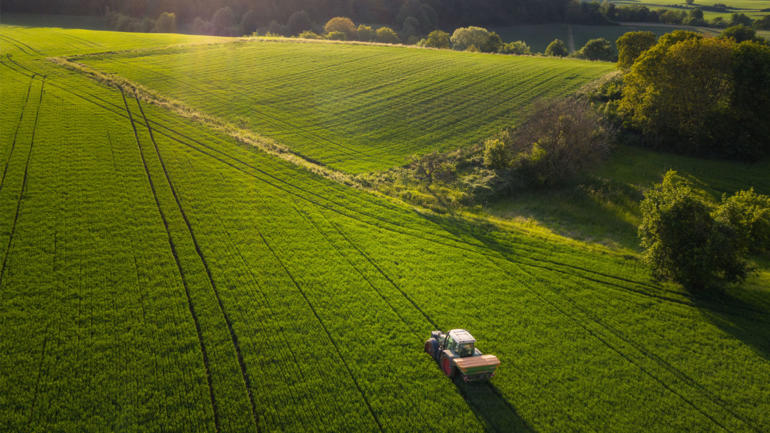New York, NY and Geneva, Switzerland, 6 October – The Council for Inclusive Capitalism (Council) and the World Business Council for Sustainable Development (WBCSD), the leading voice of business for sustainability, today announced a new partnership as both organizations work in parallel to address three pressing, interconnected challenges: the climate emergency, nature loss, and mounting inequality.
The two organizations will work closely together on initiatives that will activate the business community on sustainability planning, ensuring a just energy transition, and the measurement and disclosure of human and social capital criteria.
“If you want to do things that matter, you've got to do them together," said Meredith Sumpter, CEO of the Council for Inclusive Capitalism. "Our complex challenges require collaboration and action across all industries and sectors, and the Council is delighted to partner with WBCSD to forge a more inclusive and sustainable future through the actions of our member companies.”
WBCSD President and CEO Peter Bakker added, “Only collaboration at all levels will allow us to make the progress necessary to tackle the unprecedented challenges that impact us all. Together, we will support and guide companies across the world in sharing best practices to urgently address the climate emergency, the loss of nature, and mounting inequality.” He continued: “For this to be done successfully, leaders everywhere need to change their mindsets toward building long-term resilience, toward a regenerative approach to business, and ultimately toward reinventing capitalism.”
WBCSD has called for a world in which 9+ billion people can live well, within planetary boundaries by mid-century in its Vision 2050: Time to Transform. This new framework for business action includes nine pathways to action across industries and is designed to help companies drive change in their sustainability planning and business strategies.
The Council is rooted in action. Upon joining, Council members make concrete, measurable, and meaningful commitments to operate their organizations in ways that create equality of opportunity, equitable outcomes, and fairness across generations as well as for those whose circumstances prevent them from full participation in the economy.
The Council has more than 150 members, and its platform includes more than 400 commitments. William Sisson, executive director, North America, WBCSD, said as part of the partnership, the Council is inviting WBCSD’s 200-plus members to document their corporations’ actions and demonstrate their leadership on the Council’s commitments platform. The organizations already have shared members in Ayala Corporation, BCG, BP, DuPont, EY, Mastercard, and Visa.
“Our members recognize that there is both a moral and business imperative to act on these issues and by working together, this will help accelerate our collective actions to find business solutions to these issues,” Sisson said.
As part of the collaborative efforts, Council founder and managing partner of Inclusive Capital Partners Lynn Forester de Rothschild has joined WBCSD's Business Commission to Tackle Inequality (BCTI). The BCTI seeks to mobilize the global business community to put tackling inequality at the heart of business's agenda for sustainable growth.
In addition, WBCSD has agreed to support the Council’s Just Energy Transition Workstream Framework for Action, the first-ever guide for companies on concrete actions they can take to implement an energy transition that is just for workers, customers, and communities. The Council will share the framework in October and invite companies—including WBCSD members—to document their own just energy transition actions, which will be shared on the sidelines of the 2021 United Nations Climate Change Conference (COP26).
WBCSD builds impactful coalitions and networks that: Facilitate the sharing of knowledge; enable and accelerate the adoption of standards and tools and; create advocacy inputs for common policy asks. These, in turn, allow members to accelerate the transformation of major economic systems, in line with Sustainable Development Goals, the Paris Climate Agreement and Vision 2050.
Member companies and WBCSD are accelerating the development of business solutions for challenges with energy, food systems, nature, living spaces, mobility, circular economy, and social impacts. WBCSD’s unique collaborative platform enables members to transform their value chains and, with innovative approaches to integrated performance management, risk management and purpose-driven disclosure, create new market opportunities, resilience, and attract lower cost of capital than companies which take no action.








